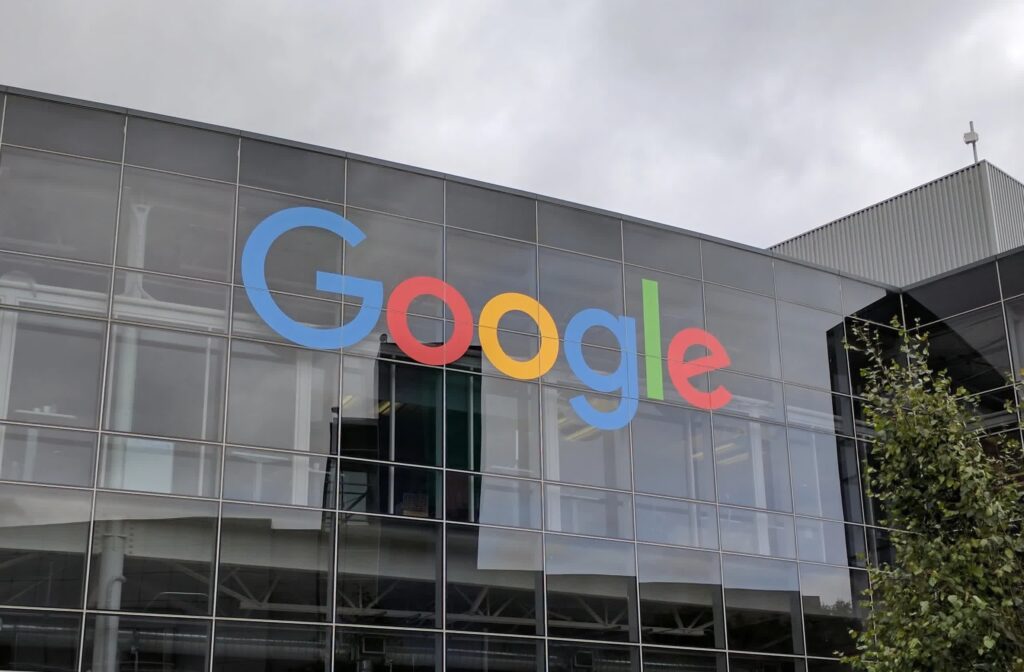What just happened? The US Department of Justice’s nearly year-long case against Google over its dominance in the search engine market has reached a dramatic end. The case could drastically alter how numerous devices and web browsers choose their default search engines, though the full extent of the impending effects remains unclear.
A US judge has ruled that Google’s massive payments to various tech companies in exchange for favoring its search engine constitute an illegal monopoly. The company was determined to have exploited its market dominance to gain an unfair advantage over the competition.
The scale of Google’s payments to maintain exclusivity agreements emerged after the Department of Justice opened its case against the company last September. Google paid companies like Apple, Samsung, and Mozilla a share of advertising revenue from its search engine to ensure that it remained the default on Apple devices, Android phones, and numerous web browsers. In 2021 alone, the payments exceeded $21 billion.
Most of the amount, around $19 billion, went to Apple in exchange for making iPhones, iPads, and Macs default to Google upon initial setup. Other recipients included Samsung, LG, Motorola, AT&T, T-Mobile, Verizon, Mozilla, Opera, and UCWeb.
The judge’s opinion claims that the policy made it harder for alternative search engines like Bing or DuckDuckGo to gain a foothold among users. The opinion directly compared Google’s behavior to the infamous late 1990s case involving Microsoft’s interference in the then-emerging web browser market.
In its defense, Google argued that its search engine is simply the best (though many users might disagree these days). Moreover, users can switch to different default search engines.

Statements from early in the trial also revealed that Apple felt it had no viable alternative, as Microsoft’s Bing – the next-largest search engine – controlled less than 10 percent of the market. Apple briefly considered acquiring Bing but ultimately used the prospect of the deal to convince Google to increase its payments.
The judge’s opinion acknowledged the engineering prowess required for the company to attain its dominance. Still, the judge also noted that Google couldn’t satisfactorily explain why the payments were necessary. The company’s policy of disabling chat history and deleting logs also hurt its defense by drawing accusations of a coverup from the DOJ.
Google’s defeat in the case could have huge implications for how devices and browsers interact with search engines going forward.

